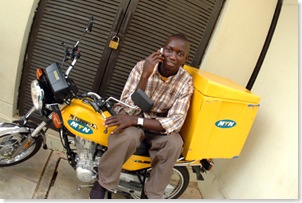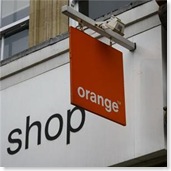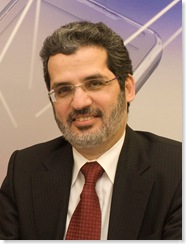South Africa’s MTN today launched the largest deployment of mobile wallet services to date in a deal worth US$9.7 million, which will enable more than 80 million subscribers across 21 countries in Africa and the Middle East, to access mobile banking services.
 MTN subscribers will have the option to receive a debit card for withdrawing cash from ATMs
MTN subscribers will have the option to receive a debit card for withdrawing cash from ATMs
‘MTN MobileMoney’ will use the mobile wallet solution of Fundamo, a specialised mobile banking software provider, with the aim to bring basic financial services to the largely unbanked populations in the region. MTN MobileMoney has already been available in South Africa, and this deal will extend MTN and Fundamo’s existing relationship to an additional 20 countries.
The mobile wallet service will allow subscribers to transfer money, make mobile payments, check their balance, make mobile purchases and buy air-time. Users also have the option to receive a branded debit card that can be used to withdraw cash from ATMs. The software also uses HSM technology which offers a PIN system that prevents sensitive information from residing on the handset, safeguarding subscribers against theft and fraud. It is also fully compliant with all banking regulations, enabling banks to login to the system and manage the banking elements of the service, while the operator focuses on customer acquisition and retention.
MTN operates telecoms networks in South Africa, Botswana, Rwanda, Swaziland, Uganda, Zambia, Benin, Cameroon, Congo Brazzaville, Cote d’Ivoire, Ghana, Guinea Conakry, Guinea Bissau, Liberia, Nigeria, Sudan, Yemen, Syria, Iran, Afghanistan and Cyprus.
The deal follows recent announcements by other regional operators including Bahrain-based Zain, which launched ‘Zap’ mobile banking services in Uganda, Kenya, and Tanzania last month. Zap will eventually be rolled out to all of Zain’s 22 operations across Africa and Middle East, with a subscriber base of 63.54 million customers as of end-2008.
Saudi Arabia’s STC also launched in February a mobile commerce solution in Kuwait through its subsidiary Viva. STC has not confirmed whether it would extend its service to its operations in Saudi Arabia, Turkey, South Africa, Malaysia and Bahrain.
Related stories:
STC’s Viva launches M-payments solution in Kuwait
Zain launches Zap mobile banking in Kenya, Tanzania and Uganda
Paying the piper
 Telepresence solutions, such as Tandberg’s T3, emphasis the sensation of being across the same table when holding a virtual meeting
Telepresence solutions, such as Tandberg’s T3, emphasis the sensation of being across the same table when holding a virtual meeting


 ProCurve, which is integrated within HP’s Technology Solutions Group (TSG), is the number two networking infrastructure player globally, though the rift between second place and pacesetter Cisco remains significant. In the EMEA region, ProCurve’s eight per cent market share trails far behind Cisco’s 50 per cent, with the latter offering not just comprehensive networking hardware but also a variety of Cisco-branded applications integrated into its network, including unified communications, telepresence and Internet security.
ProCurve, which is integrated within HP’s Technology Solutions Group (TSG), is the number two networking infrastructure player globally, though the rift between second place and pacesetter Cisco remains significant. In the EMEA region, ProCurve’s eight per cent market share trails far behind Cisco’s 50 per cent, with the latter offering not just comprehensive networking hardware but also a variety of Cisco-branded applications integrated into its network, including unified communications, telepresence and Internet security.


